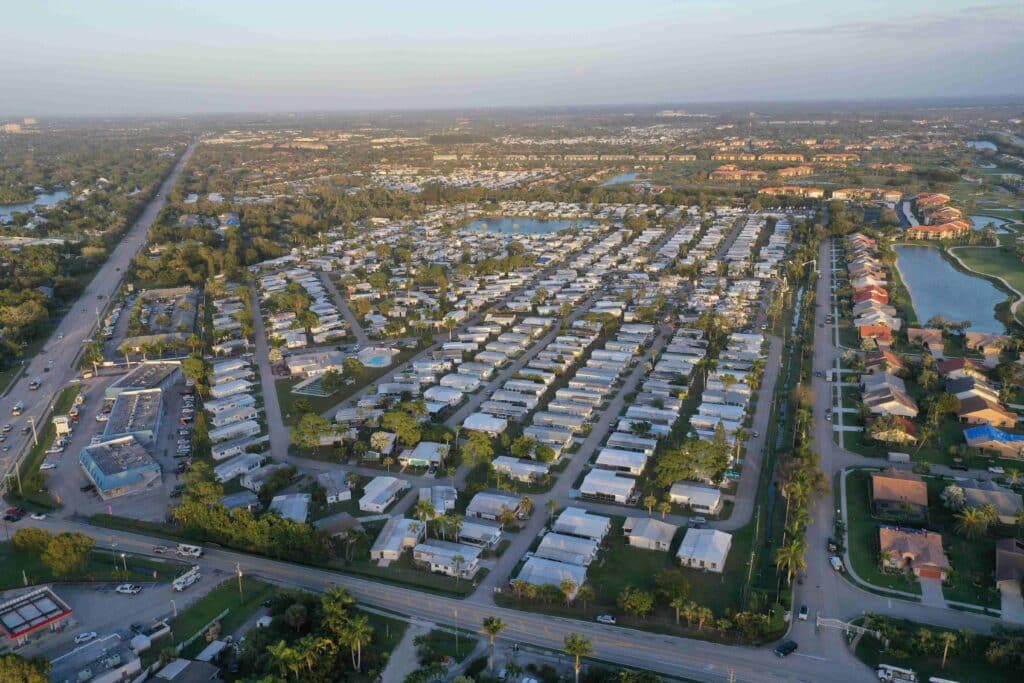Australia Introduces Higher Taxes on Foreign Property Investors to Boost Housing Supply

In a bid to tackle housing affordability and address the crippling housing shortage in Australia, the federal government has introduced a series of measures targeting foreign investors. The government aims to encourage foreign investors to invest in new housing developments and make their vacant properties available to renters, while also increasing tax revenue.
The recent announcement, covered by The Guardian and reported by Laura Grassby, outlines several key changes aimed at foreign investors who own property in Australia. Treasurer Jim Chalmers unveiled the measures, expressing confidence that they would alleviate the nation’s housing shortage.
Chalmers explained the new measures during an interview with Sky News Australia, stating, “This is about boosting housing stock and getting more homes onto the rental market, it recognizes the rules here are pretty tight, but we want to make them tighter.”
The first significant change involves tripling the foreign investment fees for established homes, making it more expensive for foreign nationals to purchase existing residential properties. Additionally, the vacancy fee for homes owned by foreigners will be doubled, discouraging property owners from leaving their properties unoccupied.
The government also plans to enhance compliance efforts to ensure that these new rules are enforced effectively. Chalmers emphasized the need to incentivize more build-to-rent properties in the economy, encouraging foreign investors to participate in this sector.
“We feel confident that the fee increases will prompt foreign homeowners to place their properties on the rental market,” Chalmers asserted. The additional tax revenue generated from these changes will be directed towards funding the government’s housing policy initiatives.
While specific data on the number of vacant properties owned by foreign investors remains elusive, Chalmers acknowledged that the current vacancy fees only raise approximately $5 million per year. He also highlighted that only a small number of breaches were issued in the last year, suggesting that the actual scale of the issue could be much larger than reported.
In a bid to further ease the housing crisis, Chalmers noted that there would be a significant decrease in migration throughout the next financial year, which has often been blamed for exacerbating the housing shortage. “Last financial year, net overseas migration peaked north of 500,000 people,” he said. “We expect it to come down substantially next financial year.”
This move by the Australian government to increase taxes on foreign property investors reflects a concerted effort to address housing affordability and ensure that available housing stock is utilized effectively. These changes are expected to be introduced into parliament next year, with potential long-term implications for the housing market and rental availability in the country.
Home Affairs Minister Clare O’Neil is also expected to provide new details on Labor’s plan to overhaul the country’s migration system, potentially further impacting the housing landscape in Australia.
Australia’s measures to impose higher taxes on foreign property investors represent a significant step toward resolving the nation’s housing crisis while generating additional tax revenue to support housing initiatives.
References:




Responses